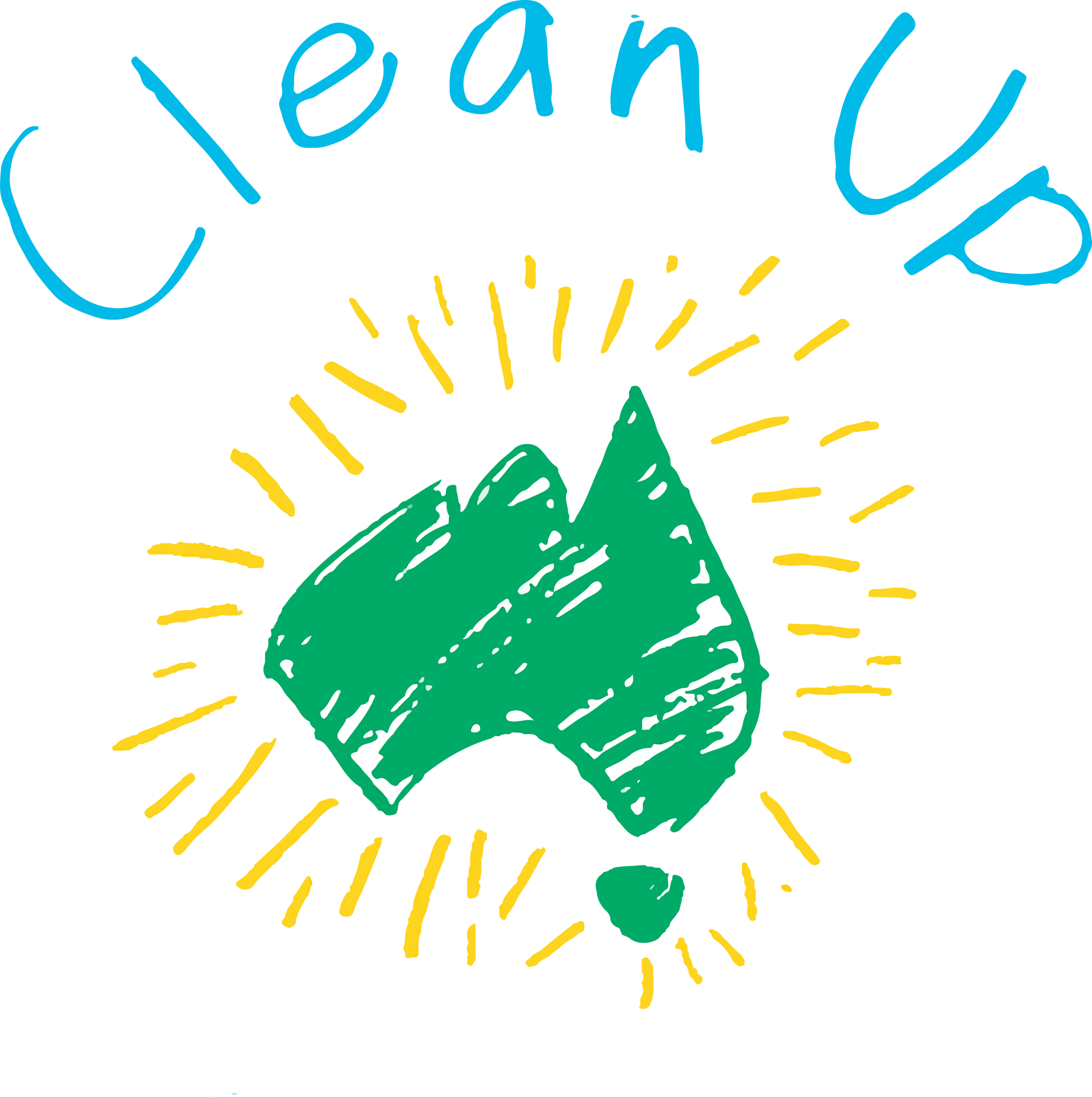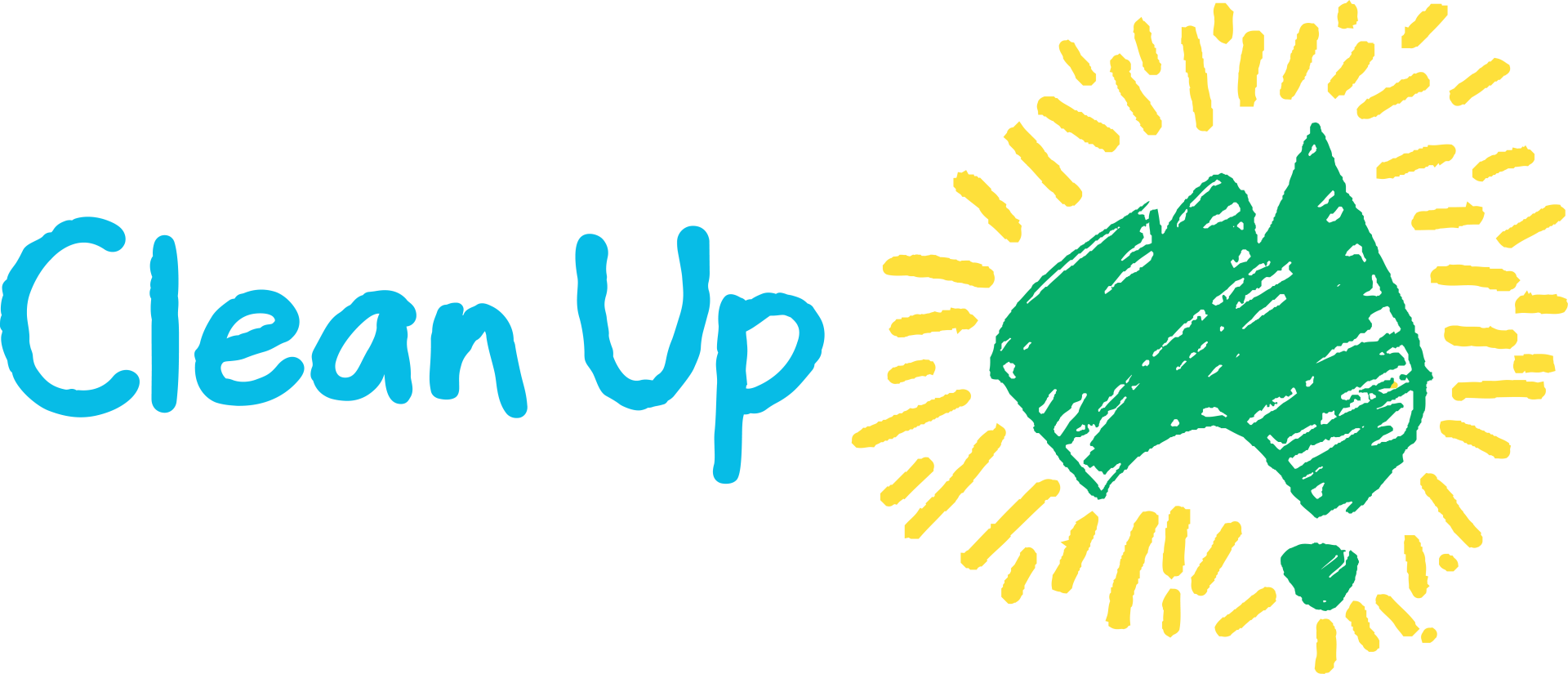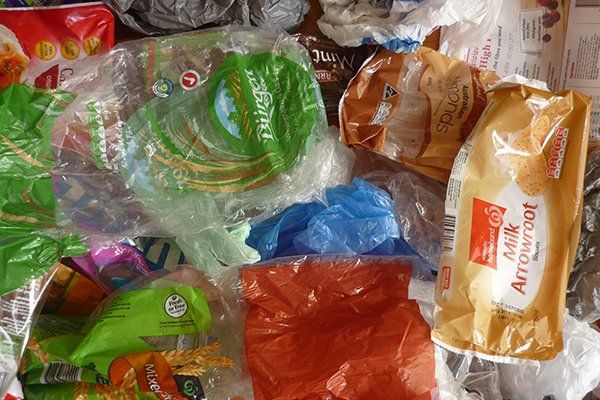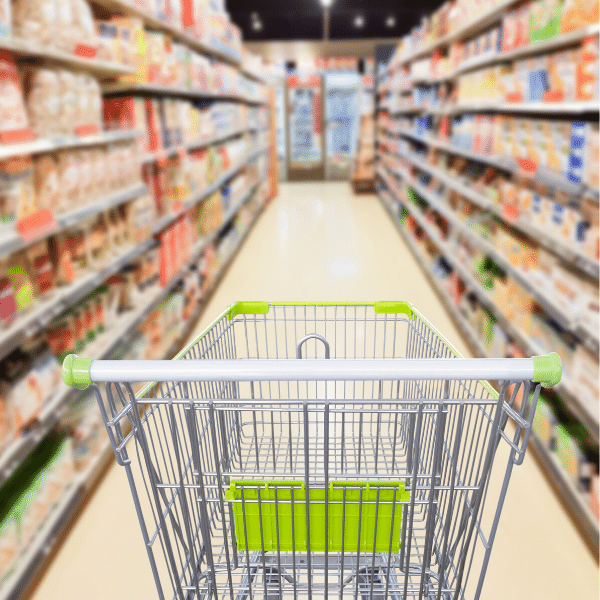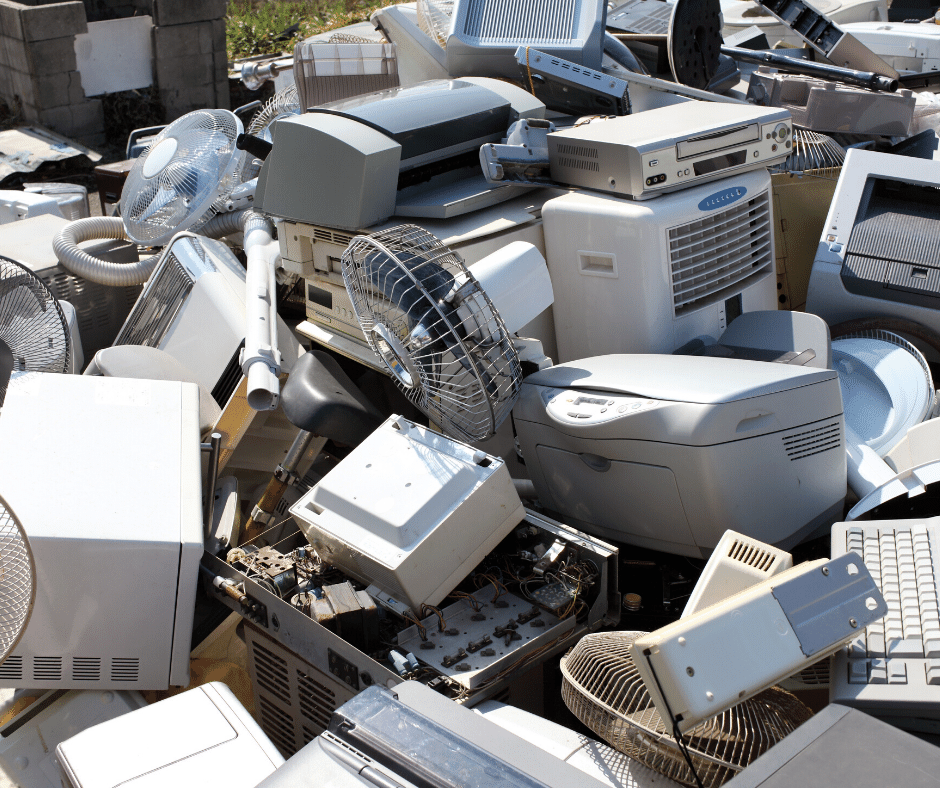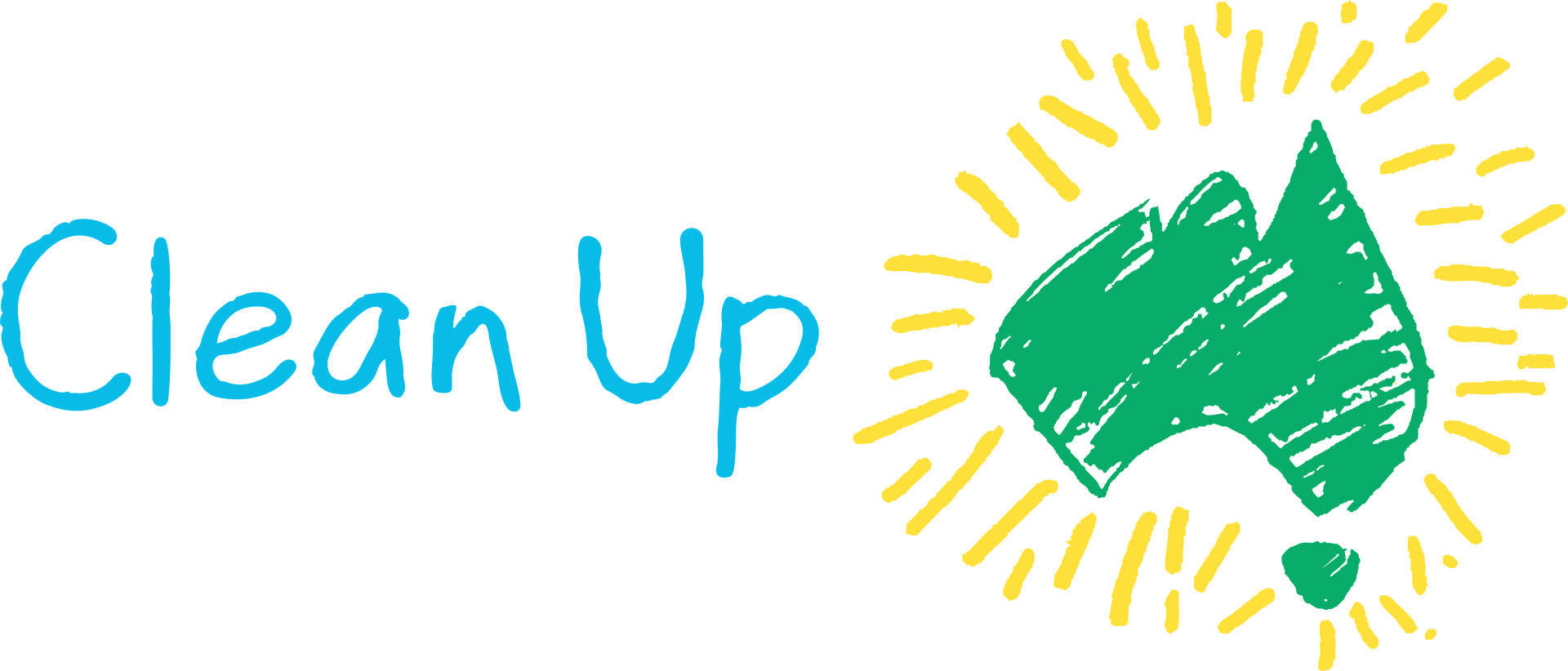We All Need to Stop 'Wishcycling'!
How to stop "wishcycling" and really get your recycling act together...
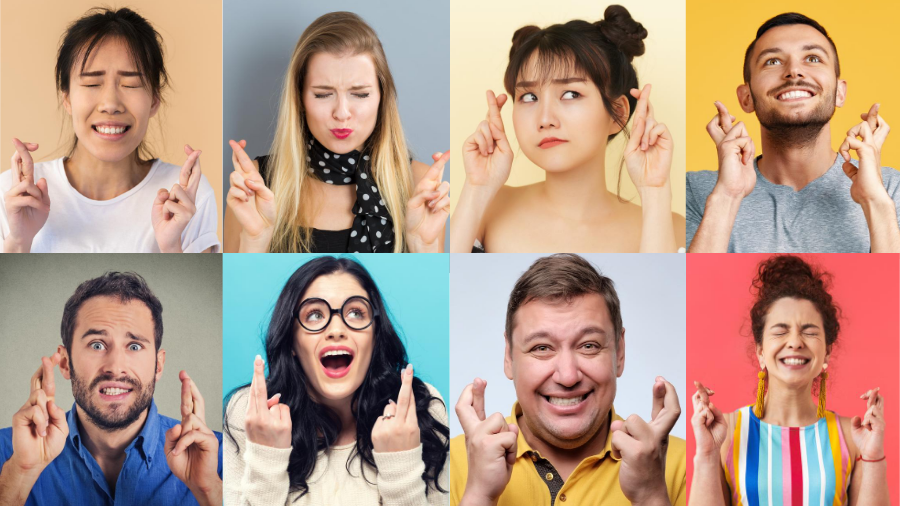
Nine in ten Aussies say that recycling is important, but sadly, small errors in practice dilute our good intentions. We want to do the right thing and feel that the more you can recycle, the better. We want to believe certain items are recyclable, even when they're not. Cos really, the less we send to landfill in those red bins, the better right?
Wrong! The irony is that, in order to recycle more , we have to recycle less .
A recent report by Cleanaway found that 89% of us believe recycling is important, 74% rate ourselves as good or very good recyclers, and nearly all of us are participating in some form of sustainable behaviour in our everyday lives. Despite this positive attitude, other results from the research suggest that misconceptions and lack of knowledge around recycling may be compromising our efforts.
Misconceptions were observed at all stages of the recycling process: 47% of Australians believe that soft plastics can go into recycling; 26% don’t know that our food containers need to be rinsed before going into recycling; and 15% think that we can just put everything in the recycling bin and it will get sorted out at the recycling facility!?!
It doesn’t help that so many of us are wildly confused about what we should recycle… Paper towels? Bottle tops? Garden hoses? Batteries? Paper envelopes with plastic windows? Plastic forks? Toothpaste tubes? Roll on deodorants? Greasy pizza boxes? Light bulbs? Broken glass or smashed crockery? Tissue box with the plastic rim attached?
And just to make matters worse, just because an item is recyclable somewhere does not mean it necessarily belongs in your kerbside bin.
Why is that? Different communities have access to different recycling facilities, and each facility has unique equipment and capabilities; and is able to process a different set of items.
No matter how much we’d like to send them to a 'good' place, we have to stop clogging the recycling stream with non-recyclable items. Our aspirational recycling can contaminate an entire batch of recyclables, forcing everything to be sent to landfill. That’s right - it potentially only takes one non-recyclable item to contaminate an entire load of recyclables.
So - here's how to stop wishcycling and really get your act together:
Download RECYCLE MATE
This free app removes the recycling guesswork and helps you recycle anywhere in Australia – whether you're at home, at a friend's house or on holidays. Just take a photo or type the name of an item you would like to know more about and Recycle Mate will give you disposal advice specific to your location.
Know Your Local Recycling Rules
Check out your local council’s website. Chances are, they’ll have an entire section devoted to their waste management program. There, you’ll find out exactly what your community accepts. Feel free to contact them, too and ask questions.
Keep It Clean
Are you wondering how clean your jars, cans and pizza boxes need to be before they can go in the recycling bin? Small amounts of food don’t interfere with the glass and steel recycling process – just scrape all the solid food scraps out of jars and cans and give your bottles and containers a rinse (soap is unnecessary) to remove excess debris.
However greasy, oily, or food-contaminated paper can’t be recycled - so either remove the soiled portion or throw it all out.
Keep It Loose
Don’t bag or tie your recyclables. Just keep them loose.
But ultimately? When in doubt, check it out!
Search for other blog topics:
